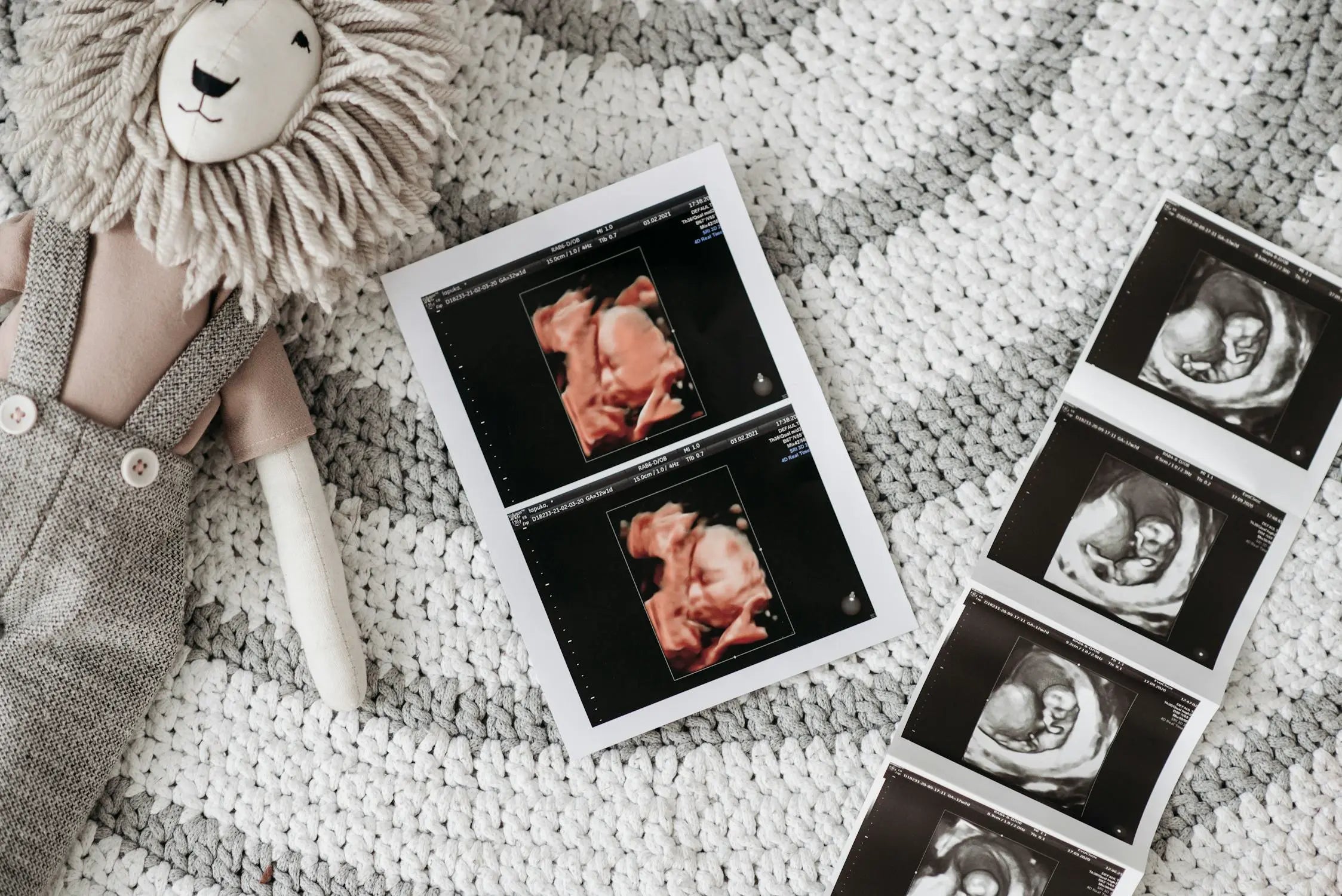Home
Pregnancy, Breastfeeding, and Pumping: The Ultimate Guide for Moms
How Many Weeks After Unprotected Intercourse Pregnancy Test

How Many Weeks After Unprotected Intercourse Pregnancy Test
Wondering how many weeks after unprotected intercourse a pregnancy test can provide accurate results? This is a common question for anyone who suspects they might be pregnant. The timing of the test is crucial to ensure reliability, and understanding the process can help alleviate anxiety and provide clarity.
Understanding Pregnancy Tests
Pregnancy tests work by detecting the presence of human chorionic gonadotropin (hCG), a hormone produced by the placenta shortly after a fertilized egg attaches to the uterine lining. The level of hCG increases rapidly in the early stages of pregnancy, doubling approximately every 48 to 72 hours.
When to Take a Pregnancy Test
The ideal time to take a pregnancy test is about one to two weeks after a missed period. However, if you have had unprotected intercourse and are eager to know sooner, you might consider testing as early as 10 to 14 days after the intercourse. Testing too early can result in a false negative, as the hCG levels might not be high enough to detect.
Factors Affecting Test Accuracy
Several factors can influence the accuracy of a pregnancy test, including the sensitivity of the test, the time of day the test is taken, and how well the instructions are followed. Early morning urine typically contains the highest concentration of hCG, making it the best time to test.
Signs of Early Pregnancy
While waiting to take a pregnancy test, you might notice some early signs of pregnancy, such as nausea, fatigue, breast tenderness, and frequent urination. These symptoms can vary from person to person and are not definitive proof of pregnancy but can be indicators.
What to Do After a Positive Test
If your pregnancy test is positive, it is important to schedule an appointment with a healthcare provider to confirm the pregnancy and begin prenatal care. Early prenatal care is essential for the health of both the mother and the developing baby.
What to Do After a Negative Test
A negative test result can be disappointing, especially if you are trying to conceive. If you still suspect you might be pregnant despite a negative result, wait a few days and test again. If your period is significantly late and you continue to receive negative results, consult a healthcare provider to rule out other potential issues.
Emotional Considerations
The process of waiting and testing can be emotionally taxing. It is important to take care of your mental health during this time. Reach out to supportive friends or family members, and consider speaking with a counselor if needed.
Conclusion
Understanding how many weeks after unprotected intercourse to take a pregnancy test can help you make informed decisions and reduce uncertainty. By knowing the right timing, recognizing early signs, and considering the factors that affect test accuracy, you can approach the situation with greater confidence and clarity.
If you suspect you might be pregnant, taking a test at the right time can provide the answers you need. Remember, whether the result is positive or negative, taking care of your physical and emotional well-being is paramount. Stay informed, seek support, and consult with healthcare professionals to navigate this important phase of your life.
Share
